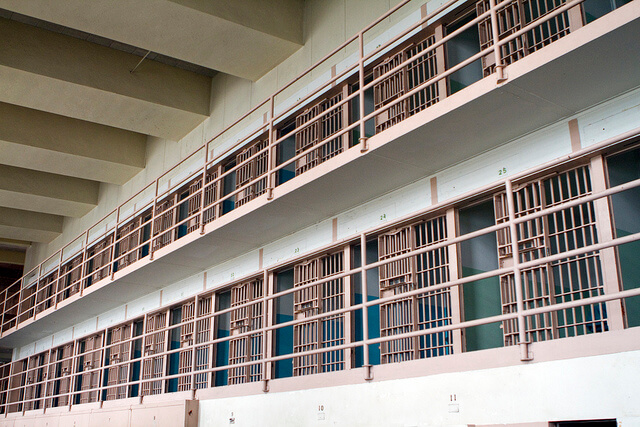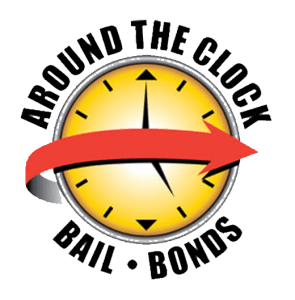Inmate Rights and Privileges
The Supreme Court upheld in 1974’s Wolff v. McDonnel that the Constitutional rights of inmates are severely restricted. However, not all Constitutional rights are surrendered, and the law also provides inmates with rights concerning their health and welfare while incarcerated.
In addition to the rights they are afforded, prisoners may be granted certain privileges based on behavior, criminal history, and other factors. An important distinction exists between rights and privileges: rights are guaranteed by law while privileges can be granted to individual inmates as long as discipline and security are maintained. Privileges can be revoked by prison or jail staff, but rights cannot be.
Prisoner Rights
Discipline and security are principle concerns in jails and prisons in the United States. As such, some rights granted to free citizens are limited or denied to prisoners. Freedom of speech is usually limited, as are the rights to counsel and to not accuse oneself when infractions and crimes committed in the prison or jail are being investigated.
However, other rights are still guaranteed. As long as there are no security concerns, inmates are free to practice their religion. Prisoners maintain their right to bail and equal protection.
Rights granted to prisoners also include rights that are specific to incarceration. They are guaranteed separation based on age, sex, and criminal classification. Clothing must be provided for felons. Prisons and jails must make a reasonable effort to protect inmates from violence and provide them access to a legal education. Some form of recreation must be provided, and prisoners must have access to necessary and reasonable medical attention.
Prisoner Privileges
Rights are guaranteed to all prisoners, but access to many prison privileges is based on behavior. Inmates with a history of infractions may be confined to their cells for longer periods of time during the day, or they may be forced to wear prison uniforms while other inmates can wear their own clothes.
Other common privileges include access to entertainment, work, and money.
Many prisons have televisions in common areas, but some inmates may have one in their cells to pass the time. Depending on the status of their imprisonment, they may also be allowed to work.
Generally, prisoners cannot choose their assignments or refuse an assignment, and the wages they earn for work are well below the minimum wage. Most work occurs in the prison or jail, though some inmates may be granted work release, which allows them to do work such as trash collection outside the facility.
Another common privilege is access to personal money that can be used to purchase items from prison commissaries such as cigarettes. Markups on commissary items are usually significant, and this privilege is often one of the first to be revoked for behavior infractions.
Not all prisoners may be granted the same privileges, or they may be granted a limited privilege. Behavior is often the deciding factor in which prisoners have which privileges, and criminal history and prison security concerns can be factors as well. Unlike privileges, all prisoners are guaranteed the same rights for the term of their incarceration.





